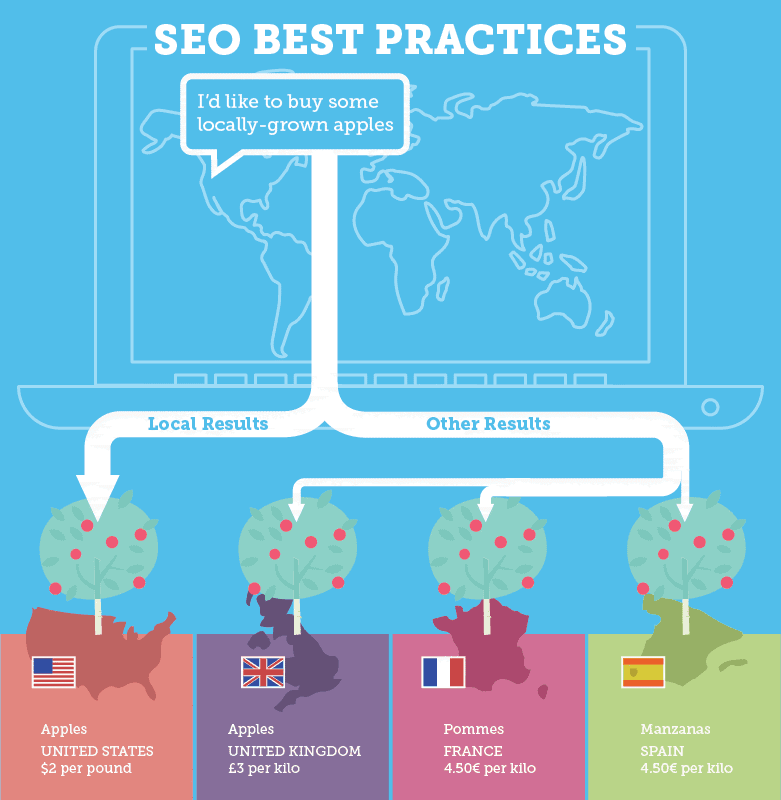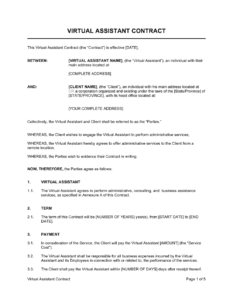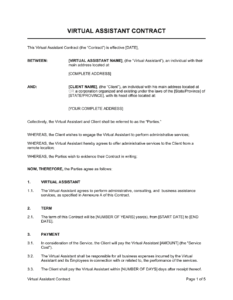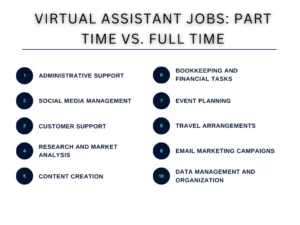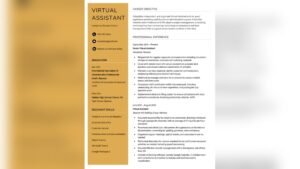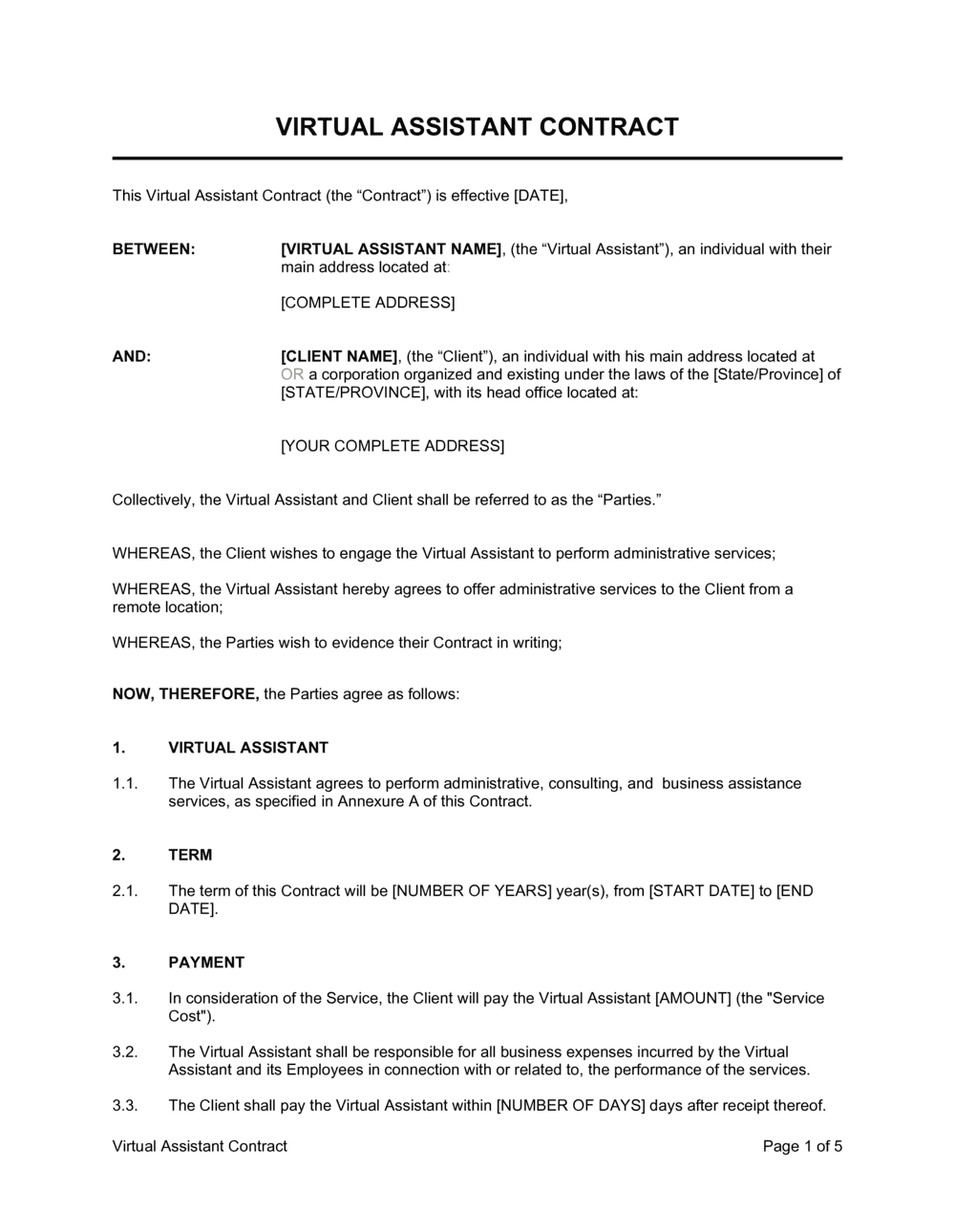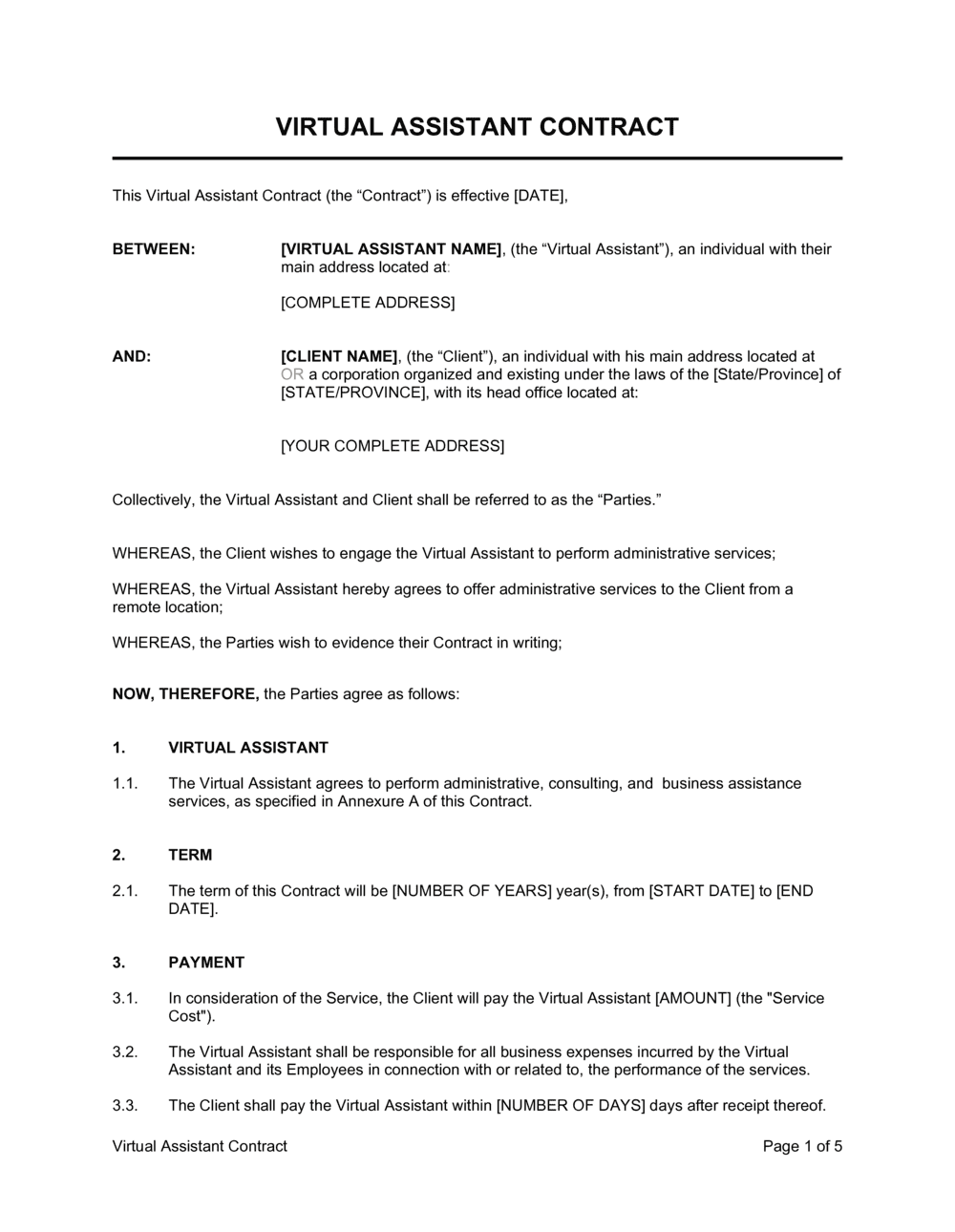In today’s digital age, reaching a global audience is essential. International SEO helps businesses expand their reach.
International SEO optimizes your website for different countries and languages. It ensures your content is accessible and relevant to users worldwide. This practice involves tailoring keywords, content, and technical elements to suit diverse audiences. Effective international SEO can lead to higher traffic and better user engagement.
It also helps you stay competitive in the global market. Understanding the basics of international SEO can transform your online presence. This guide will explore the key strategies and best practices. Ready to take your website global? Let’s dive into the world of international SEO.

Credit: backlinko.com
Introduction To International Seo
In a connected world, businesses must think globally. International SEO helps your website reach users across borders. It ensures your content is optimized for different languages and regions. This strategy can increase your global reach and drive traffic from various countries.
Importance Of Global Seo
Global SEO is crucial for businesses with international ambitions. It helps you tap into new markets and attract a diverse audience. Here are some key benefits:
- Increased Visibility: Your website appears in search results worldwide.
- Higher Traffic: More visitors from different countries.
- Brand Recognition: A strong global presence builds your brand.
- Competitive Edge: Stand out against local competitors.
These benefits can lead to more sales and revenue.
Differences From Local Seo
International SEO is different from local SEO in many ways. While local SEO focuses on a specific area, international SEO targets multiple regions. Here are some distinctions:
| Aspect | Local SEO | International SEO |
|---|---|---|
| Target Audience | Local customers | Global customers |
| Keywords | Local-specific terms | Country/language-specific terms |
| Content | Localized content | Translated and localized content |
| Search Engines | Google, Bing, local search engines | Google, Baidu, Yandex, etc. |
Both types of SEO require unique strategies. For international SEO, you need to consider cultural differences and language variations. You must also adapt your website structure to target different regions effectively.
Keyword Research
Keyword Research is the foundation of any successful International SEO strategy. Identifying the right keywords ensures your content reaches the right audience. This process involves understanding target markets and using localized keywords to create relevant content for different regions.
Identifying Target Markets
To conduct effective keyword research, start by identifying your target markets. Different regions have unique search behaviors and preferences. Focus on these key areas:
- Demographics: Age, gender, and interests of your audience.
- Geography: Specific countries or cities.
- Language: Primary and secondary languages spoken.
Understanding these factors helps tailor your content to meet the needs of specific audiences. This leads to better engagement and higher search engine rankings.
Using Localized Keywords
Using localized keywords is crucial for international SEO. Keywords that work in one country may not be effective in another. Follow these steps:
- Conduct keyword research in the local language.
- Use local slang and colloquialisms.
- Consider cultural nuances and regional preferences.
Localized keywords improve your content’s relevance, making it more likely to rank well in local search results. Here’s a comparison table:
| Region | Standard Keyword | Localized Keyword |
|---|---|---|
| USA | Car Rental | Car Hire |
| UK | Car Rental | Hire a Car |
Incorporating localized keywords makes your content more relatable. This helps in attracting a regional audience.
Content Localization
Content Localization is a crucial aspect of International SEO. It involves adapting your content to meet the cultural and linguistic needs of different regions. This helps in improving user engagement and search engine rankings in local markets.
Translating Content
Translating your content accurately is the first step in localization. It’s important to use professional translators who understand the nuances of the target language. Automated translation tools might miss context and meaning.
Consider the following tips for effective translation:
- Hire native speakers for translation tasks.
- Ensure that technical terms are correctly translated.
- Review and proofread translated content thoroughly.
Cultural Sensitivity
Cultural sensitivity involves understanding and respecting the cultural norms of your target audience. This includes local idioms, humor, and taboos. Ensure your content does not offend or alienate users.
Here are some key points to consider:
- Research local customs and traditions.
- Avoid using idioms that might not translate well.
- Be mindful of colors, symbols, and images.
| Aspect | Considerations |
|---|---|
| Language | Use native speakers, avoid slang |
| Images | Ensure they are culturally appropriate |
| Humor | Check if it translates well |

Credit: www.webceo.com
Technical Seo
Technical SEO is the backbone of your international SEO strategy. It ensures your website is optimized for search engines. This makes it easier for users to find your content worldwide. A well-structured technical SEO plan includes several key elements.
Hreflang Tags
Hreflang tags are crucial for international SEO. They tell search engines which language and country version of your site to show. This helps in serving the right content to the right audience. Implementing hreflang tags correctly can improve your website’s relevance. It also reduces bounce rates by showing users content in their preferred language.
Url Structures
URL structures play a significant role in international SEO. A clear and consistent URL structure helps search engines understand your site. It also makes it easier for users to navigate. For instance, using subdirectories like /fr/ for French content is a good practice. This helps search engines identify the language and region of your content.
Geo-targeting
Geo-Targeting is essential for businesses targeting users in specific countries. It helps search engines understand which audience you want to reach. This improves your search engine ranking and user experience.
Setting Up Google Search Console
To start with geo-targeting, set up your Google Search Console. Follow these steps:
- Go to Google Search Console.
- Sign in with your Google account.
- Add your website property.
- Verify your site ownership.
- Navigate to the International Targeting section.
- Set your preferred country.
These steps help search engines know which country you are targeting.
Local Domain Extensions
Using local domain extensions can boost your local SEO. For example, use .co.uk for the UK or .ca for Canada. This makes it clear you are targeting a specific region. Here are some common local domain extensions:
| Country | Domain Extension |
|---|---|
| United Kingdom | .co.uk |
| Canada | .ca |
| Australia | .com.au |
| Germany | .de |
Local domain extensions signal to search engines that your site is for users in that specific country. This can improve your local search visibility.
Link Building
Link Building is a crucial part of International SEO. It helps your website gain visibility and authority in different regions. By acquiring backlinks from other sites, you boost your site’s credibility. This process enhances your search engine rankings. Let’s delve into two important aspects of link building: Local Backlinks and Building Authority Globally.
Local Backlinks
Local backlinks are links from websites within your target country or region. These links are vital for local SEO efforts. They help search engines understand your relevance to a specific area. To achieve this, connect with local businesses, blogs, and directories.
- Local Business Directories: Submit your site to local directories. This can improve your visibility.
- Local News Websites: Get featured in local news articles. It can be a great source of backlinks.
- Community Blogs: Engage with community blogs. Offer to write guest posts.
Building Authority Globally
Building authority globally involves gaining backlinks from reputable international websites. These links signal that your content is valuable worldwide. Focus on creating high-quality content that attracts global attention.
- Global Influencers: Reach out to influencers in your industry. Collaborate with them for backlinks.
- International News Outlets: Aim to get mentioned in international news. This adds credibility.
- Guest Posting: Write guest posts for international blogs. Share your expertise with a wider audience.
In summary, link building is essential for International SEO. Local backlinks enhance regional visibility. Building global authority boosts your site’s overall credibility. Both strategies are crucial for a successful international SEO campaign.
Measuring Success
Measuring success in international SEO is crucial. It helps understand what works and what doesn’t. This section will guide you through key aspects. Monitoring and analyzing international metrics is vital.
Tracking International Metrics
Tracking international metrics involves monitoring different performance indicators. Look at organic search traffic from each target country. Check the rankings of your keywords in local search engines. Monitor the bounce rate to understand user engagement. Also, track conversion rates to see if visitors are taking desired actions. These metrics show how well your SEO strategy performs globally.
Analyzing Traffic Sources
Analyzing traffic sources helps identify where your visitors come from. Use tools like Google Analytics to see which countries drive the most traffic. Look at referral sources to find out if other websites are linking to you. Social media can also be a significant traffic source. Understand which platforms are popular in your target countries. This information helps tailor your strategy for each market. It ensures you attract the right audience.
Common Pitfalls
International SEO can be complex. Avoid common pitfalls to succeed. Let’s explore some common mistakes:
Avoiding Duplicate Content
Duplicate content can confuse search engines. This impacts your rankings negatively. Ensure each page has unique content.
Use hreflang tags to indicate language and region. This helps search engines understand your content better. Here’s a sample code:
Monitor for duplicate content issues regularly. Tools like Google Search Console can help. Address issues promptly to maintain SEO health.
Handling Multi-language Issues
Multi-language sites pose challenges. Properly manage translations to avoid confusion.
Create separate URLs for each language. Use subdirectories, subdomains, or country-code top-level domains (ccTLDs). Here’s a comparison table:
| Method | Example | Pros | Cons |
|---|---|---|---|
| Subdirectory | example.com/fr/ | Easy to manage | Less geotargeting |
| Subdomain | fr.example.com | Clear separation | More complex |
| ccTLD | example.fr | Strong geotargeting | Expensive |
Implement hreflang tags for language-specific pages. This helps Google understand which version to show users. Example:
Ensure translations are accurate and culturally appropriate. Poor translations can damage user experience and credibility.
Future Trends
International SEO is constantly evolving, and staying ahead of trends is crucial. In the coming years, several key trends will shape the future of international SEO. Understanding these trends will help businesses improve their global online presence and reach.
Ai And Seo
Artificial Intelligence (AI) is transforming the SEO landscape. AI algorithms can analyze vast amounts of data quickly. This helps in understanding user behavior and preferences. AI-driven tools can optimize content for better ranking. They can also predict which keywords will perform best. AI can enhance your SEO strategy by providing deeper insights.
Voice Search Impact
Voice search is becoming more popular. People use voice assistants like Siri and Alexa to search online. This trend impacts SEO strategies significantly. Voice searches are usually longer and more conversational. Optimizing for voice search requires a different approach. Focus on natural language and question-based queries. This will help your content rank better for voice searches.
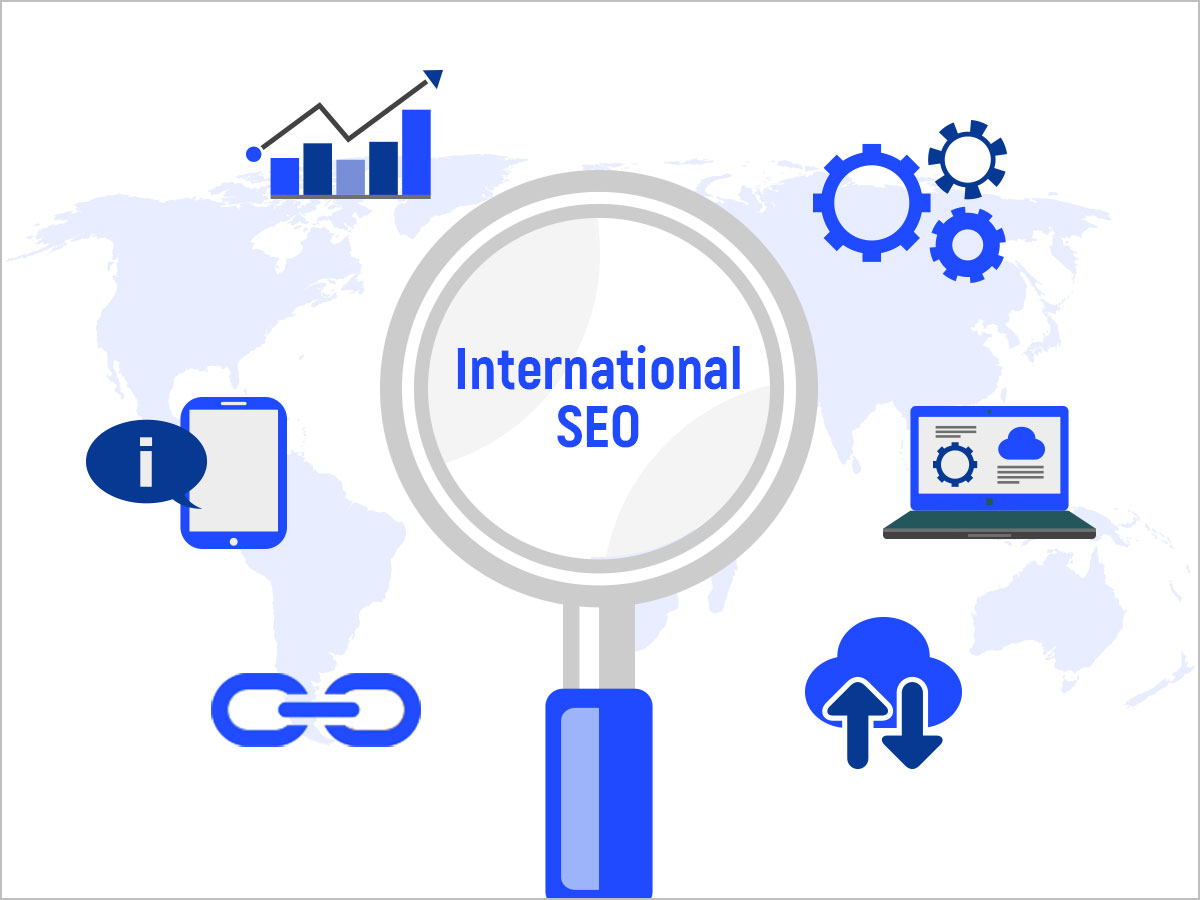
Credit: www.skynetindia.info
Frequently Asked Questions
What Is International Seo?
International SEO is the process of optimizing your website for different countries and languages. It helps improve your site’s visibility in international search engines.
Why Is International Seo Important?
International SEO is crucial for reaching a global audience. It helps your website rank higher in different countries, increasing traffic and conversions.
How To Implement International Seo?
Implement international SEO by using hreflang tags, localizing content, and optimizing for local search engines. These steps ensure your site is relevant to international users.
What Are Hreflang Tags?
Hreflang tags are HTML attributes that specify language and regional targeting. They help search engines understand which version of your content to show to users in different locations.
Conclusion
International SEO opens doors to global audiences. It drives traffic and boosts visibility. Tailor your content to meet local needs. Understand cultural nuances and preferences. Use appropriate keywords for each region. Remember, success lies in research and strategy. Stay consistent and monitor your progress.
Effective international SEO can bring long-term benefits. Grow your brand’s reach across borders. Embrace the global market with confidence. Happy optimizing!
Ms.Sultana brings over 16 years of expertise working with global Clients by providing different skills and Services. For the last 5 years working as an Affiliate marketer, specializing in high-ticket campaigns that drive exponential growth. She holds a degree in Computer Science and Engineering as well as achieved many more skills certificates from different institute/academies/Platform. As part of the Elite Global Marketing team, Sultana has helped clients generate millions in revenue through strategic partnerships, innovative funnels, and data-driven insights.

